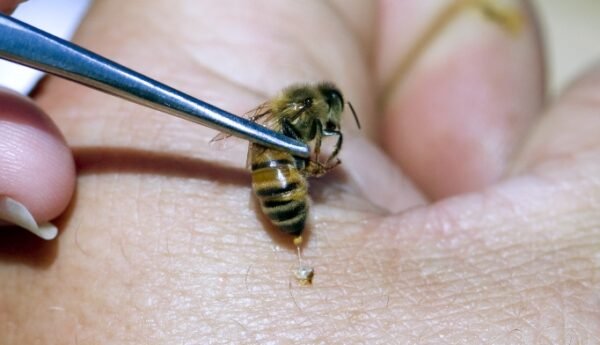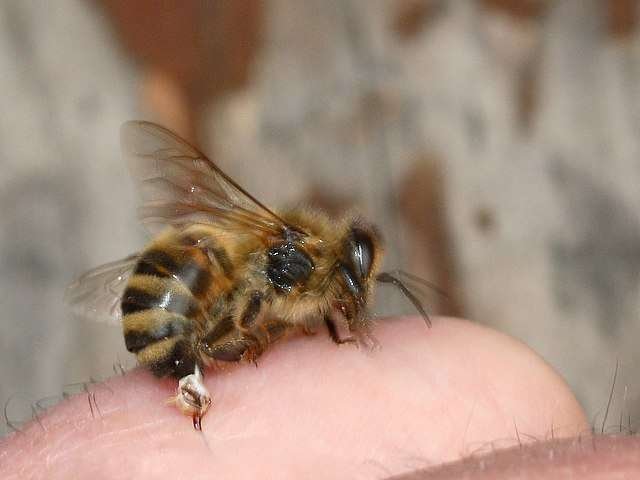Can a Human Become Immune to Bee Venom?
Photo by JamesDeMers via Pixaby Yes, Humans Can Develop Immunity to Bee Venom Humans can indeed develop immunity to bee venom through both natural exposure and medical intervention. This immunity manifests as tolerance rather than complete immunity, significantly reducing the severity of reactions to future bee stings while not eliminating them entirely.[1][2] Natural Immunity Development […]



